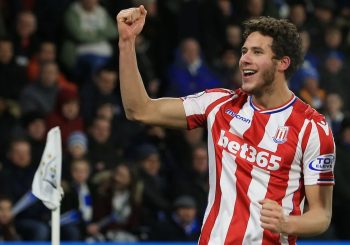In an effort to quell ongoing protests, Iranian authorities announced that they will review the law which stipulates that women must cover their hair. This statement was made by Iran’s attorney general Mohammed Jafar Montazeri on Saturday, 3 December.
“Both parliament and the judiciary are working [to review the law],” Montazeri said. He remained ambiguous regarding specific and potential modifications to the law, but insisted that results will appear in “a week or two.”
Iranian President Ebrahim Raisi stated that the country’s ties to Islamic Shari’a law are constitutionally entrenched, however “there are methods of implementing the constitution that can be flexible.”
This announcement comes despite earlier statements by Raisi in July, which dictated that all “state institutions [to] enforce the headscarf law.”
In addition to reviewing the hijab law, Montazeri also made claims that Iran’s Morality Police would be disbanded; however his comments have not yet been substantiated by other agencies or government bodies.
Nezamoddin Mousavi, a lawmaker, also told Isna following a private meeting with several senior Iranian officials, including Raisi, that the government was “paying attention to the people’s real demands,” though he omitted to mention the rumored closure of the morality police.
This tone-change came as a result of intensified protests starting 16 September, triggered by the death of Mahsa Amini, a 22-year-old Kurdish Irani who was detained by the morality police due to “flouting” the headscarf law, and would die in their custody.
This week, protesters in Iran announced a three-day strike in an effort to keep pressure on the government over the death of Mahsa Amini while she was being held. Protests are scheduled on the day that Raisi has planned to speak to students in Tehran on December 6, which is recognised in Iran as Students’ Day.
Additionally, protestors in Iran have demanded a three-day economic boycott beginning on Monday, including large retailers and businesses that are controlled by the Revolutionary Guard and the government.
The first official word on casualties in two months came from an Iranian general, Gen. Amir Ali Hajizadeh, on Monday: he revealed that more than 300 people had died in the clashes between protestors and the Revolutionary Guards.
The hijab law was enacted in Iran in April 1983, four years after the Islamic Revolution which overthrew the monarchy. It continues to be a highly contested issue between conservative parties and reformists.







Comments (0)